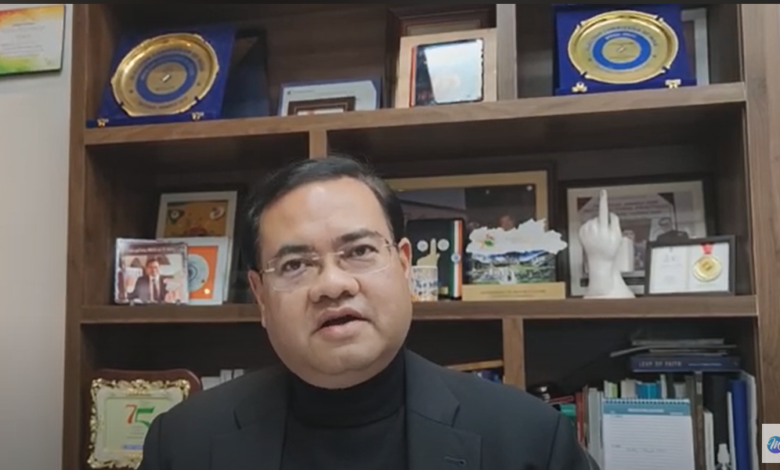MPSC revamp committee: Can it address deep-rooted issues?

Editor,
The Government of Meghalaya has finally formed a committee to revamp the Meghalaya Public Service Commission (MPSC) in response to widespread criticism of its functioning. Allegations of irregularities and non-transparent recruitment practices have fuelled demands for reforms, with calls for an independent inquiry underscoring the gravity of the situation. Prominent voices, such as Rajya Sabha member W.R. Kharlukhi, and pressure groups like the Khasi Students’ Union (KSU), have stressed the urgency of ensuring fairness and transparency in the commission’s recruitment processes to restore public trust.
The committee, led by senior government official, F. R. Kharkongor, is tasked with examining the systemic issues plaguing the MPSC and recommending reforms, with its findings by January 31, 2025. While this initiative signals progress, it remains to be seen whether the committee can deliver meaningful recommendations that address the concerns of Meghalaya’s youth and restore confidence in the institution.
However, it is not merely the MPSC that requires a revamp but the political interference that compromises its autonomy and efficiency. The influence of political leaders who prioritize nepotism—favouring their own “near and dear ones” for state resources and jobs—must be rooted out. Without addressing this fundamental issue, no amount of recommendations or restructuring can truly rid the MPSC of its systemic flaws. The commission must be shielded from such interference if it is to function as an independent, transparent, and merit-based institution.
The MPSC’s persistent challenges—lack of transparency, allegations of favouritism, and inefficiency—have severely eroded its credibility. Delays in conducting exams, declaring results, and completing recruitment processes further exacerbate public distrust. When compared with Public Service Commissions in states like Rajasthan or Kerala, the MPSC falls behind in adopting modern technologies, maintaining efficiency, and upholding integrity. This glaring disparity underscores the urgent need for transformative reforms.
If the committee can address these core issues and recommend structural and systemic changes, there is hope for a rejuvenated MPSC. However, without tackling the entrenched political meddling, the commission risks remaining a symbol of inefficiency and mistrust, perpetuating the disillusionment of Meghalaya’s youth.
Yours etc.,
A concerned citizen




